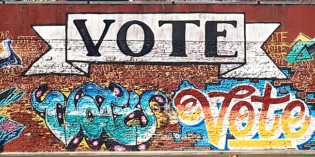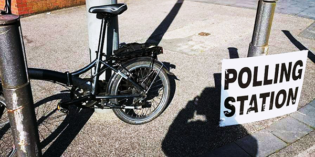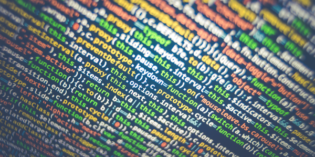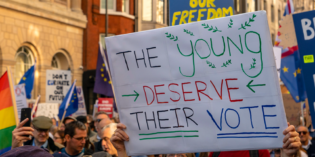Elections and electoral systems

Electoral officials need more money to run elections during Covid-19
Erik Asplund, Toby James and Alistair Clark audit the additional costs countries are facing to run safe and accessible elections during the Covid-19 pandemic. They argue it is vital that election management is sufficiently well funded during this crisis to maintain voter participation and trust in electoral outcomes.

The case of Catalonia: understanding the political use of de facto independence referendums
Independence referendums are comparatively rare – and even more so when conducted without the approval of the relevant central government. Jaume López and Marc Sanjaume-Calvet assess the case of Catalonia in 2017, and how the differing strategic priorities and culture of Spanish and Catalonian governments led to the referendum, repressive counter-measures and resulting stalemate.

It is time for automatic voter registration in the UK
Ahead of each UK election, there is a rush to get people registered to vote, and confusion about who is already registered. In a new report Toby James and Paul Bernal set out how to improve the system while protecting data privacy, through automatic or assisted voter registration, and so widen access to democratic participation.

Online voting can work, but only if we design systems that voters can have confidence in
Could online voting be used to ensure elections continue during the Covid-19 pandemic? Areeq Chowdhury sets out some key principles of accessibility, security and user experience which should form the basis of any internet voting system if it is to elicit public confidence.

Elections and Covid-19: making democracy work in uncertain times
Erik Asplund and Toby James discuss the dilemmas countries around the globe face about holding or postponing elections during the pandemic, and set out some guidelines to follow in ensuring democratic participation remains fair and open during the crisis.

It was right to delay England’s local elections, but we must consider the wider impact of Covid-19 on electoral administration
Local and mayoral elections across England have been delayed from May 2020 to May 2021. Postponing them was necessary, writes Alistair Clark, but we must also look at the longer-term impact of Covid-19 on administering elections in the UK and globally to maintain democratic accountability under difficult circumstances.

General election 2019: a postcode lottery
The 2019 general election produced a strong Conservative majority in the House of Commons, with the first-past-the-post electoral system delivering the party 56% of parliamentary seats on the basis of 43.6% of all votes. Beyond this national figure, Ian Simpson explains, the nations and regions of the UK returned some even more disproportional results, meaning millions of voters across the UK are left unrepresented in Parliament.

How internet voting could help to make more votes count
Trials for online voting have been introduced in a handful of countries, and the evidence for whether it can improve access to voting and turnout is still sparse. However, looking at the case of Geneva canton, Micha Germann argues that there is a potential further benefit: online voting platforms can be designed to help voters avoid inadvertent ballot errors, and so reduce ‘lost votes’.

What happens when the voting age is lowered to 16? A decade of evidence from Austria
Lowering the voting age to 16 is being discussed in several countries, but how do 16- and 17-year-olds compare to older first-time voters? In a new book chapter, Julian Aichholzer and Sylvia Kritzinger answer this question by looking at a decade of empirical evidence from Austria, where voting at 16 was introduced for national elections in 2007. Overall, they find that the evidence is encouraging for supporters of voting age reform, with younger citizens in general voting more than older first-time voters and expressing relatively high levels of trust in democratic participation. This has implications for policy-makers and contributes to an evidence-based debate about youth political engagement and electoral turnout.

How will the ‘Sinn Féin surge’ change Irish politics?
Professor James Hughes examines the historical context of the recent Irish election and what the result means for the future of politics on both sides of the border.


 Democratic Audit's core funding is provided by the Joseph Rowntree Charitable Trust. Additional funding is provided by the London School of Economics.
Democratic Audit's core funding is provided by the Joseph Rowntree Charitable Trust. Additional funding is provided by the London School of Economics.